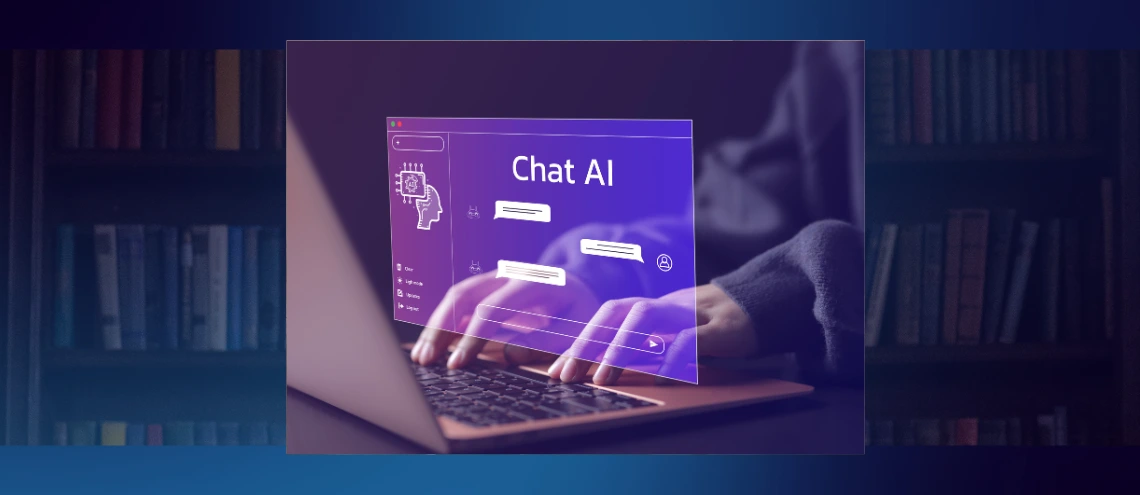
Why does the latest change to ChatGPT matter for legal-service seekers?
On October 29, 2025 (effective date noted in the policy update, OpenAI released a revised version of its Usage Policies for ChatGPT and related services. Among the most significant changes for attorneys, law-firms, and clients: the policy now explicitly prohibits providing “tailored advice that requires a license, such as legal or medical advice, without appropriate involvement by a licensed professional.” ([OpenAI][1])
In plain terms: If you’re using ChatGPT (or a service powered by OpenAI) and expecting it to give you legal advice (for example, explaining your rights, guiding strategy, analyzing facts under the law, or telling you what to *do* in your case) – this is now outside the permissible use of the system.
Here’s what that means for you, our clients and website visitors, and how Blizzard & Zimmerman Attorneys is responding.
What This Change Means for You
Not a replacement for licensed legal counsel
While ChatGPT remains a powerful tool for generating information, research summaries, brainstorming ideas, or obtaining factual/legal-concept overviews, under the new rules you cannot rely on it to receive personalized legal advice. This applies to all states – including Texas – and all areas of law (criminal defense, family law, estate planning, appeals) where a licensed attorney must evaluate your facts, apply the law, and advise you accordingly.
Why this update matters
- Regulatory and ethical compliance – Attorneys must ensure they are providing advice in accordance with state bar rules and attorney-client privilege/confidentiality obligations. A user relying solely on AI for legal strategy could create risk.
- Accuracy and fact-specific issues – Legal advice must typically consider the full details of a case, jurisdictional nuances, statute and case-law updates, and client-specific context. AI systems are improving but are not a substitute for human lawyers.
- Liability and access control – OpenAI’s policy reflects a broader move among AI platforms to limit legal/medical advice without human supervision, helping protect both the platform and end-users from mis-use and mis-interpretation.
What you can use ChatGPT (or similar AI) for
- Overview of legal concepts (e.g., “What is an appeal in Texas?”)
- General research briefs (e.g., “What are recent amendments to the Texas Penal Code § …”?)
- Generating questions to ask your attorney, or preparing a summary of your case facts for your lawyer
What you should not do
Use ChatGPT to *make legal decisions* without consulting a licensed attorney
Rely on ChatGPT for specific guidance tailored to your unique case situation
Assume ChatGPT output is the same as attorney-client advice
How Blizzard & Zimmerman Attorneys is adapting
At Blizzard & Zimmerman Attorneys, we view this policy change as further reason to reaffirm our commitment to providing true attorney-led representation and one-on-one counsel. Here’s how we’re responding:
Client intake assurance: When you contact us (whether for criminal defense, family law, estate planning, or appeals), our first priority is to schedule a free case review/free case review with our staff. That ensures your case receives the legal skills, confidentiality, and strategic guidance it deserves.
AI use as a tool, not a substitute: We may use AI-powered tools internally (for research support, internal workflow) but every piece of legal advice we provide is reviewed and communicated by a licensed attorney.
Transparency and education: We will continue publishing client-education materials that clarify what AI tools can and cannot do – and what you should do when you need legal help.
Clear disclaimers and boundaries: Our web content will continue to include strong disclaimers making clear that nothing on our website (or via any chatbot) is legal advice, and contacting us directly for a free case review is the proper next step.
Focus on meaningful attorney-client engagement: Especially in matters of high-stakes (criminal defense, appeals, estate litigation), your rights and future demand individual, tailored strategy – not generic output from an A-.
What to do if you were using ChatGPT or similar AI for legal questions
If you have been using ChatGPT (or another generative-AI tool) to try to navigate legal issues without an attorney, here are steps we recommend:
- Stop relying solely on AI for decision-making in your matter.
- Document the key facts of your issue: what happened, when, where, who is involved, and what you’ve done so far.
- Schedule a consult/free case review with an attorney’s office – including one with experience in your matter (for example, for appeals work, our board-certified criminal law attorney at Blizzard and Zimmerman).
- Bring any AI-generated output you used to your free case review/free case review so the attorney can review it (and identify where it may be inaccurate, incomplete, or misleading).
- Ask your attorney about how they use technology:
- Are they using AI for internal efficiency?
- Will your case be reviewed by a human attorney at every step?
Things like that matter.
Bottom line
The update to OpenAI’s Usage Policies sends a clear message: generative-AI tools like ChatGPT are not a substitute for licensed legal counsel – especially for tailored legal advice.
At Blizzard & Zimmerman Attorneys, our goal remains unchanged: to provide you with attorney-led, fact-based, strategic legal representation you can trust.
If you’re facing a criminal charge, planning your estate, dealing with a family-law matter, or considering an appeal, let our skilled team help you. Reach out for a free case review/free case review – full, personalized, and attorney-to-client based.
Disclaimer: The content of this blog post and all our blog posts is for general informational purposes only and does not constitute legal advice or an attorney-client relationship.

